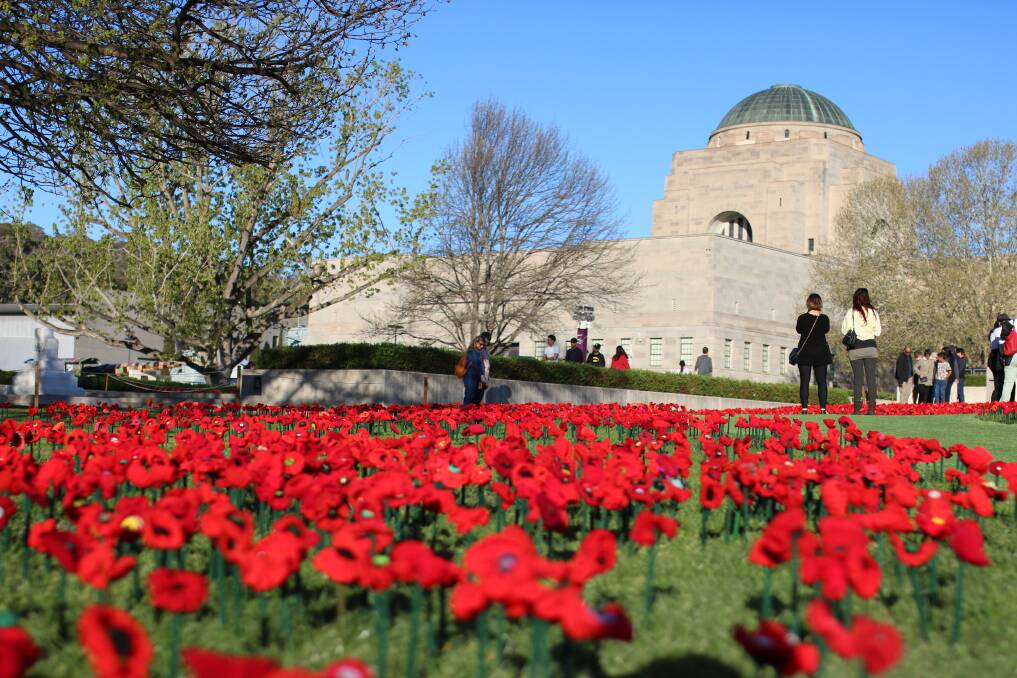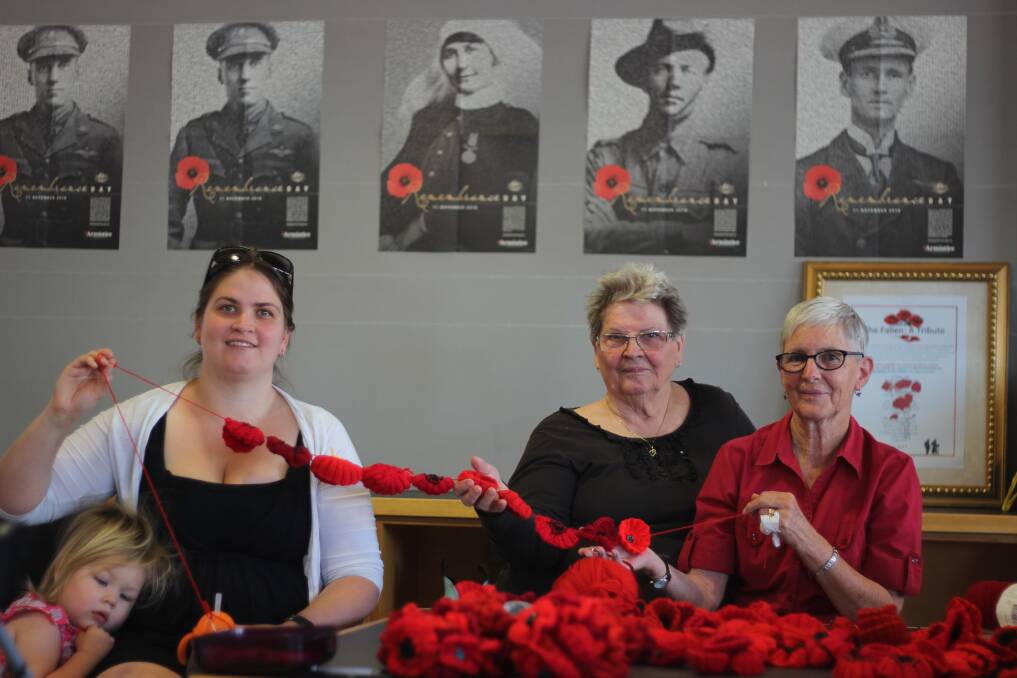
Two weeks before he was to become the father of twin girls, Robert Nelson Carver was fatally shot on the Western Front in France.
Subscribe now for unlimited access.
or signup to continue reading
He left his wife in Stockton-on-Tees, England with five young children.
Anne Skinner’s mother was one such child, then only nine years old.
Ms Skinner has lived in Junee for the past 25 years, after she originally moved to Campbelltown, Sydney in 1967.
Related:
Her connection to the war effort in England extends through both world wars.
Her mother grew up to join the ATS women’s auxiliary ambulance corps during the Second World War, while her father was stationed in Liverpool with the British airforce.
In 1939, when aged only five, Ms Skinner joined her 10-year-old sister and a generation of evacuated British children.
“They sent us off with a gas mask and a tag on our coats saying where we were going. We went to our grandmother’s, but we were only there for six months.”
Peril remained upon the sisters’ return.
“At the end of the war, a flying bomb came down our street,” she recalls.
“It knocked down the houses in the next street and brought down our ceiling.
“We saw the bomb going over, and mum screaming ‘get in to the bunker’.”
Even still, the six-year-old described her wartime memories as “an exciting adventure.”
“When I became a mother though, I [saw] it all very differently.”

Now at 80 years old, Ms Skinner’s vivid memories prompted her to knit 120 poppies for Junee’s Country Women’s Association and Red Cross.
The display of over 3000 locally knitted poppies now weighs 20 kilograms. Heavy with the memories that support its creation.
It will be hoisted onto Junee’s cenotaph on November 3, in preparation for the armistice centenary.
An additional hundred poppies were sent to populated the Australian War Memorial grounds in Canberra.
“Preteens to people almost a hundred years old, it was overwhelming to see how many in a small town would get together to make something this striking,” said organiser Jenny Morton.

